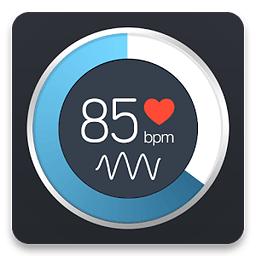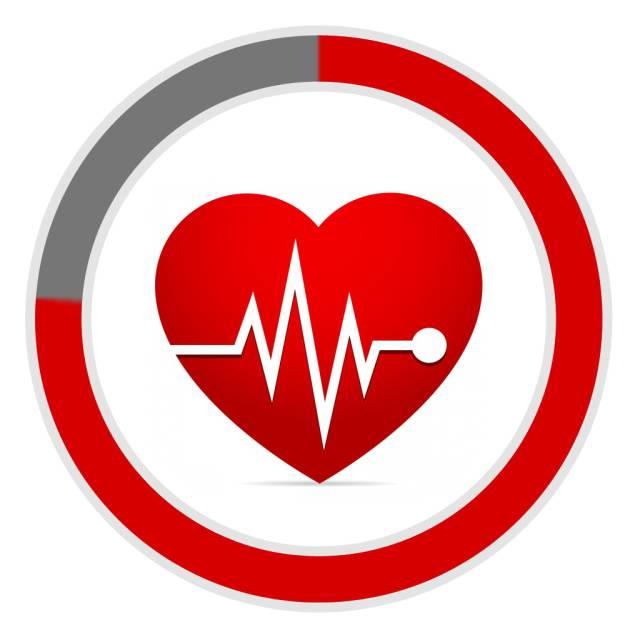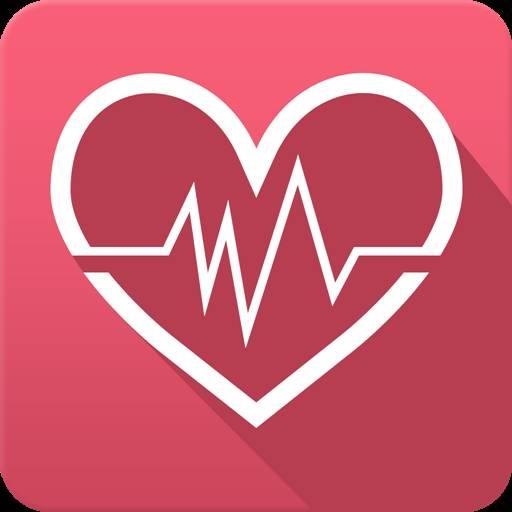Q: Are people with irregular heart rates suitable for running? Can running exercise your heart rate to the normal range? A: There are many reasons for arrhythmia. If it is sinus arrhythmia, it does not affect running; if it is caused by arrhythmia caused by premature beats, it is necessary to determine the nature of premature beats and whether the premature beats are aggravated after exercise. Because sometimes exercise causes myocardial ischemia, it will aggravate premature beats, in which case a tachometer exercise may be required. Running can improve heart and lung function, increase heart rate reserve, and adjust heart rate to the appropriate range. However, some people with long-term exercise may have a resting heart rate of less than 60 beats per minute, which is also normal. Q&A Q: Running a newbie, it will be uncomfortable to run for a little while, what should I do? Give up running and change to other sports? A: What are the symptoms of heart discomfort? If you have chest tightness, shortness of breath, and severe heartbeat, it may be due to excessive exercise and high heart rate. It is recommended to proceed step by step, starting from a slow, short distance, gradually increasing the intensity of exercise, and the symptoms will improve. But you must reach the target heart rate, otherwise you will not achieve the exercise effect. Q&A Q: What exercise can better exercise heart and lung function? Let the running heart rate be normal and stable? A: Aerobic exercise can enhance heart and lung function. Common aerobics include long-distance running, brisk walking, walking, skating, long-distance swimming, cycling, tai chi, fitness dancing, skipping/aerobics, ball games such as basketball, football and more. Q&A Q: I am a fat man. When I run, my heart is super uncomfortable. What should I do? A: Obese people are overweight and their heart load is aggravated. Therefore, it is prone to lack of cardiopulmonary function during exercise, and there are symptoms such as chest tightness, shortness of breath, and tachycardia. Therefore, obese people have an important principle in aerobic exercise to lose weight. It is necessary to ensure that the heart rate is within a range of up to 40 minutes. This kind of weight loss method can achieve the maximum weight loss effect. To put it simply, if you are 25 years old, use 220-25=195,195 is your maximum heart rate. Do not exceed this frequency during exercise, otherwise it may be dangerous. This maximum heart rate is not the best weight loss heart rate, it also mentions a resting heart rate, usually 50-65 times. Heart rate during exercise = (maximum heart rate - resting heart rate) x 70% + resting heart rate. Suppose your resting heart rate is 60, with a maximum heart rate of 195-60=135, 135x70%=95, and finally your resting heart rate 95+60=155, which is the best heart rate for you. Exercise 270 minutes to 300 minutes a week, that is, 4.5 hours to 5 hours is the most beneficial for weight loss. Q&A Q: What is the correct way to save yourself if the heart is not comfortable during running? A: When you feel uncomfortable during running, you must stop the exercise first, without having to hold your teeth. Can do deep breathing, smooth your heart rhythm, self-test pulse rate, whether there are disorders, intermittent and so on. If you feel dizzy, black eyes and other symptoms, it is best to take a supine position to avoid falling. Try to rest in a cool place, add water and electrolytes (sports drinks) to avoid insufficient blood volume. If you have a history of heart disease, such as coronary heart disease, it is best to bring some emergency medicines such as nitroglycerin beforehand. If the symptoms persist and do not relieve, you should seek medical advice promptly. Q&A Q: Hello, I am 48 years old, the best result of 10 kilometers is more than 43 minutes. I use the Jiaming 225 watch. The heart rate of running for 10 kilometers is 198, and the average heart rate is also 170-180. Sometimes the condition is not good. The average is 185, but there is no palpitation. The feeling of chest tightness is tired. Is this heart rate normal? Is it dangerous? A: The simplest algorithm for effective heart rate is: maximum heart rate = 220-age, calculated according to your age of 48, maximum heart rate = 220-48 = 172 beats / min. In general, controlling the heart rate during exercise to 60% to 80% of the maximum heart rate can achieve the fitness effect, which is also the range of effective heart rate. The effective heart rate of a 48-year-old male = 172 × (60-80)% = 103-138 beats / min. Therefore, when running, it is recommended that your heart rate should not be lower than 103 times / minute. If it is lower than this value, the exercise intensity is not enough, and the exercise effect is not obvious. However, the maximum heart rate should not exceed 138 times per minute. If this value is exceeded, the exercise intensity is too large and it is easy to cause sports injuries. Of course, for competitive sports, the heart rate can reach 90%-100% of the maximum heart rate, that is, 155-172 beats/min. Therefore, if you want to exercise for the purpose, it is recommended that you can lower your heart rate properly, but the heart rate of the competitive game when you sprint to 180 times / min should be acceptable. Q&A Q: If I maintain high-intensity running for a long time, that is, heart rate 160 to 170, uninterrupted every day, 5 km and 10 km alternately run, run 5 a day, run 10 a day, will it cause harm to the body? A: The most appropriate exercise heart rate interval should be calculated according to your age. If the heart rate exceeds this range, it is not recommended to maintain such high-intensity running every day, otherwise it may be harmful to the body. It can be combined with work and rest. When the long-range is controlled, the heart rate is in the proper range. When the short-range is used, the intensity is increased appropriately and the heart rate is accelerated, but it is better not to exceed the maximum heart rate. This may be more beneficial to your health. Q&A Q: Hello, Xiaobian! I usually run 5 to 8 kilometers, and the average heart rate is about 178. After running, I am tired. But if I lower my heart rate, the running speed will decrease. The time will naturally lengthen. Do I need to change my heart rate when I run? Or is there any good way to deal with it? A: You can calculate the best exercise heart rate based on your age, resting heart rate, etc. If your current average of 178 heart rhythms exceeds this range and you feel tired, it is best to slow down to lower your heart rate. With the improvement of cardiopulmonary function, the resting heart rate will be reduced, the myocardial aerobic metabolism will also improve during exercise, the exercise heart rate will have a greater tolerance range, and the running score may be improved. Bookrack,Bookshelf Setup,Student Bookshelf Labels,Library Bookshelf,Children ​Corner Metal Book Shelf AU-PINY FURNITURE CO., LTD , https://www.jiangmenaupiny.com





